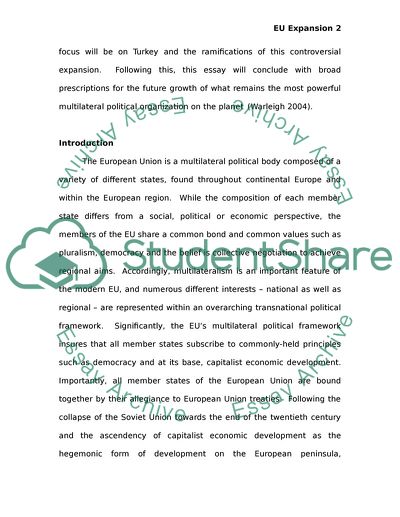Cite this document
(European Union Growth in the 21st Century: a Focus on Turkey Literature review, n.d.)
European Union Growth in the 21st Century: a Focus on Turkey Literature review. Retrieved from https://studentshare.org/politics/1566772-challenges-and-opportunities-arising-from-the-expansion-of-the-european-union
European Union Growth in the 21st Century: a Focus on Turkey Literature review. Retrieved from https://studentshare.org/politics/1566772-challenges-and-opportunities-arising-from-the-expansion-of-the-european-union
(European Union Growth in the 21st Century: A Focus on Turkey Literature Review)
European Union Growth in the 21st Century: A Focus on Turkey Literature Review. https://studentshare.org/politics/1566772-challenges-and-opportunities-arising-from-the-expansion-of-the-european-union.
European Union Growth in the 21st Century: A Focus on Turkey Literature Review. https://studentshare.org/politics/1566772-challenges-and-opportunities-arising-from-the-expansion-of-the-european-union.
“European Union Growth in the 21st Century: A Focus on Turkey Literature Review”. https://studentshare.org/politics/1566772-challenges-and-opportunities-arising-from-the-expansion-of-the-european-union.


